Purchasing a home can be a complex process for first-time homebuyers. However, there are some advantages and special programs. Avoiding these 20 mistakes can help you buy the home of your dreams with no regrets.
20. Not Being Financially Prepared

As a minimum, a homebuyer should have 20% of the home’s cost saved for the down payment. First-time buyers may qualify for loans requiring less than 20% down, but they’ll have to pay private mortgage insurance (PMI) which raises the payment and ends up costing you more overall. You’ll also need additional money for closing costs and other related expenses.
19. Failing to Explore All Financing Options
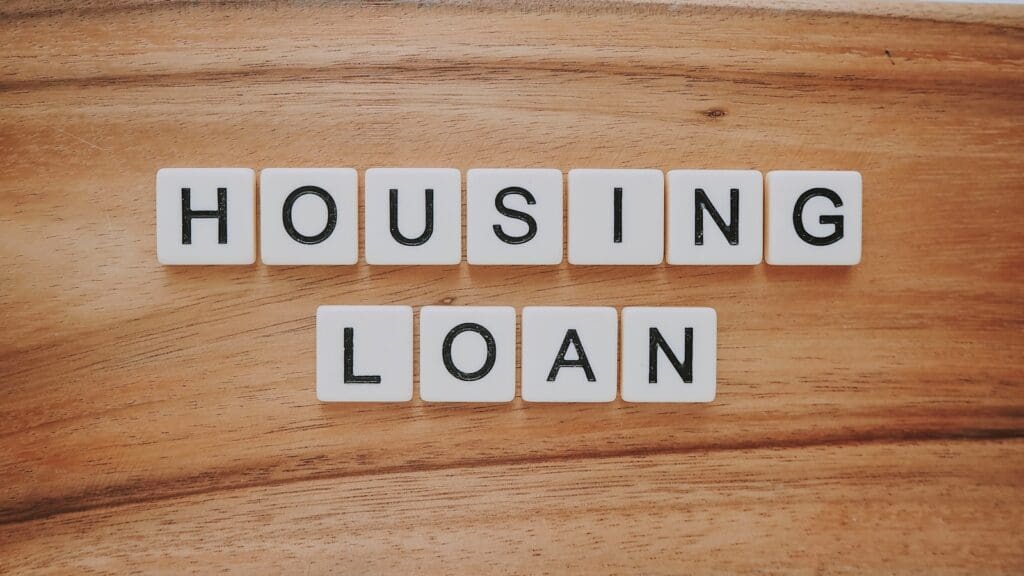
First-time buyers have an advantage over other homebuyers. There are many loan programs, assistance programs, and grants that are dedicated to first-time buyers who qualify. These programs and grants can help facilitate a purchase, down payment, and more favorable financing terms. Research these programs before going to a typical lender.
18. Not Getting Pre-Approved for a Mortgage
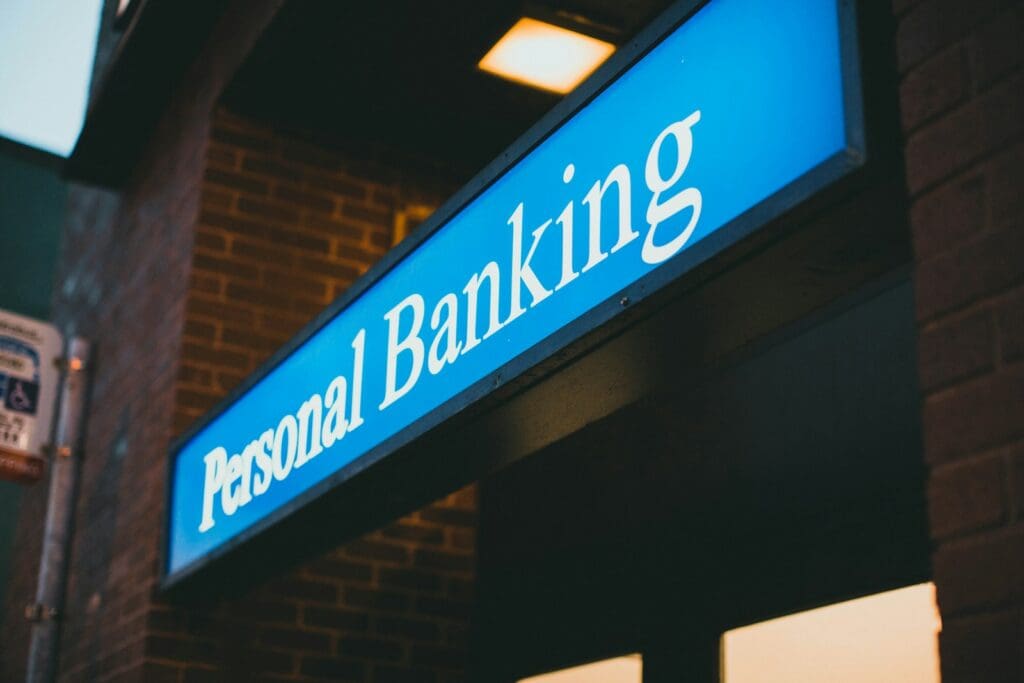
A realtor may not represent a buyer who has not been preapproved for a mortgage. A seller may also not accept offers from non-preapproved buyers. Preapproval assures the agent and seller that a lender has qualified the buyer and committed to a specific maximum loan amount. This shows you can afford the home and aren’t wasting anyone’s time.
17. Not Having a Buyer’s Agent

Not having a real estate represent you as a first-time buyer is a big mistake. There are too many pitfalls that an inexperienced buyer can fall into. An experienced agent can guide you and point out the most important details you need to pay attention to. They’ll also negotiate on your behalf and ensure your purchase transaction goes smoothly.
16. Failing to Shop for the Best Mortgage Rates
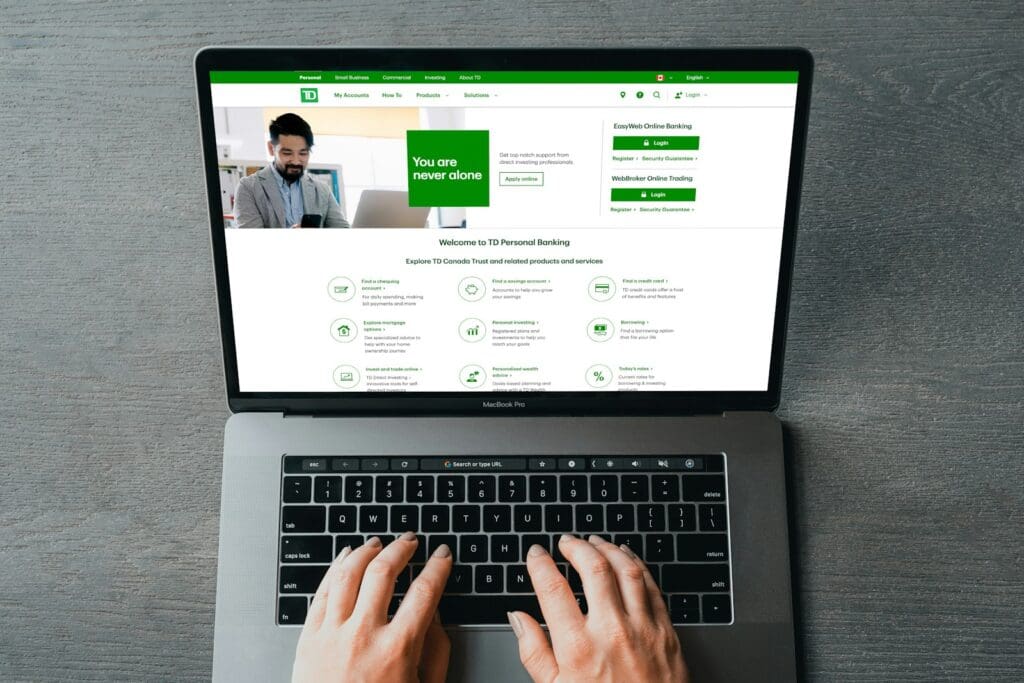
Going with the first lender who agrees to give you a loan can be an expensive mistake. Some lenders that are more willing to work with first-time buyers also charge higher-than-average interest rates. Shopping for better interest rates and mortgage offers can potentially save you thousands of dollars over the lifespan of a loan.
15. Not Understanding Mortgage Terms

Failure to fully understand the terms and conditions of a mortgage and its interest rate can have long-term financial consequences. Spend the time to review and comprehend the mortgage agreement. If there are things you don’t understand, seek professional advice if necessary. You could potentially pay thousands of dollars more than necessary by signing a bad deal.
14. Not Accounting for Hidden Costs

First-time buyers often overlook or are unaware of the hidden additional costs that come with homeownership. These include potential homeowner Association (HOA) fees, property taxes, insurance, PMI, maintenance, and more. Combined, these additional costs can significantly impact the overall cost of owning a home. These additional expenses can make what you believed was affordable quite unaffordable.
13. Financially Overextending Yourself

Some buyers make the mistake of purchasing more home than they can afford. While everything works financially on paper in the perfect scenario, they fail to leave financial wiggle room for the unexpected. Numerous things such as car repairs and medical expenses can siphon away funds and cause financial stress. These can potentially lead to mortgage default or foreclosure.
12. Failing to Consider Long-Term Plans
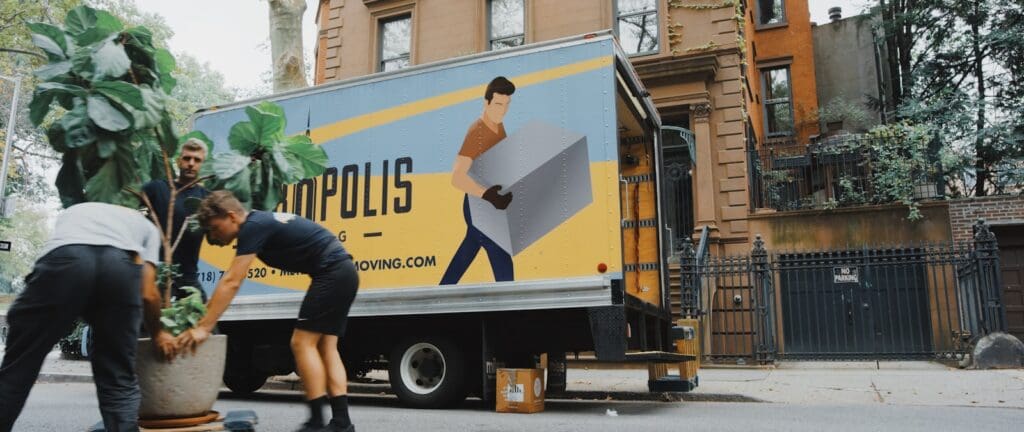
The future is unpredictable, but you should have a vision for yours when buying a home. Consider factors such as potential job changes, expansion or reduction of the family, and potential relocation. Could you sell quickly if you had to? Could you do so without losing money? Real estate is more than a home, it’s a financial investment.
11. Not Considering the Neighborhood

Appearance-wise, a home may seem to have everything you need. However, the neighborhood and the amenities within a home’s proximity are important. How far will you need to travel to access schools, shopping, healthcare, and other common necessities? How desirable is the neighborhood itself? Is it noisy? Is it safe?
10. Failing to Consider the Future of a Neighborhood
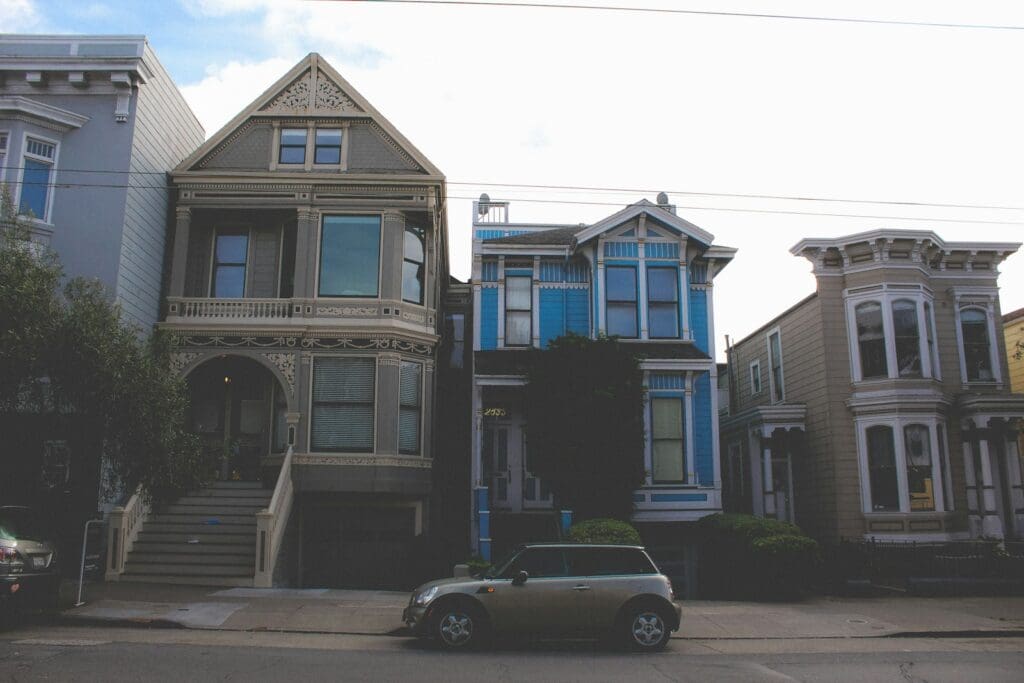
If you think you are going to stay in a home for many years, or permanently, it’s important to consider the future of the area. Look into local zoning plans, infrastructure projects, and upcoming developments. The solitude you expected could be upset by a new subdivision. Conversely, businesses could be closing and amenities declining.
9. Skipping Inspections
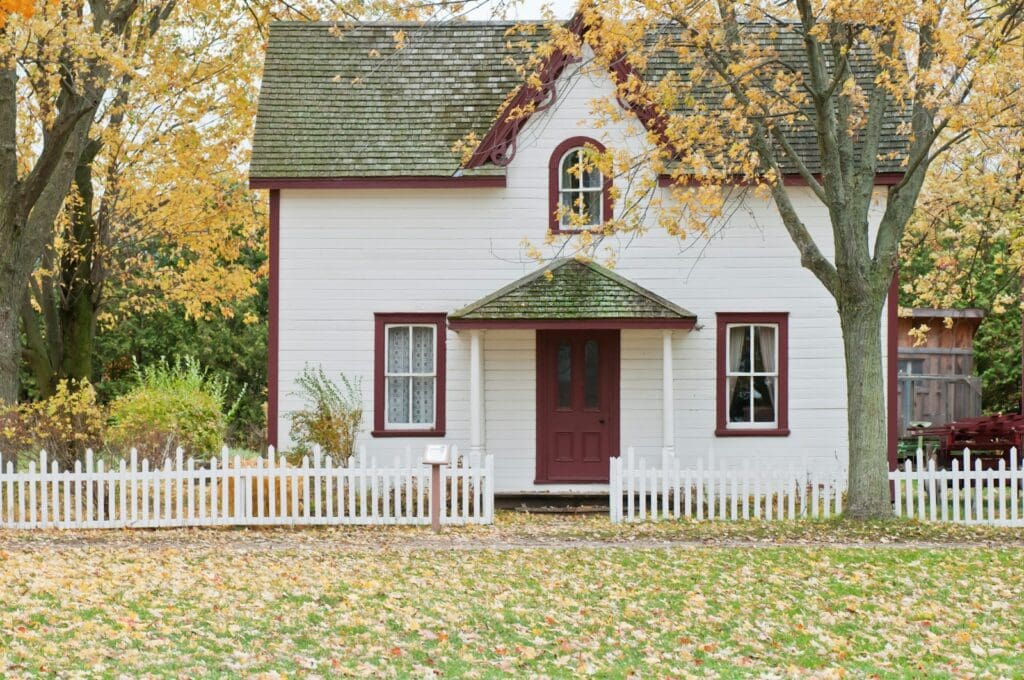
Opting out of having a professional home inspection before purchasing a home can be a costly mistake. Issues with a home may be unseen during the initial viewing. Inspections can reveal potential issues with the property that even the seller was unaware of. Skipping inspections makes a buyer risk expenses in the future or unexpected repairs.
8. Underestimating Ongoing Maintenance
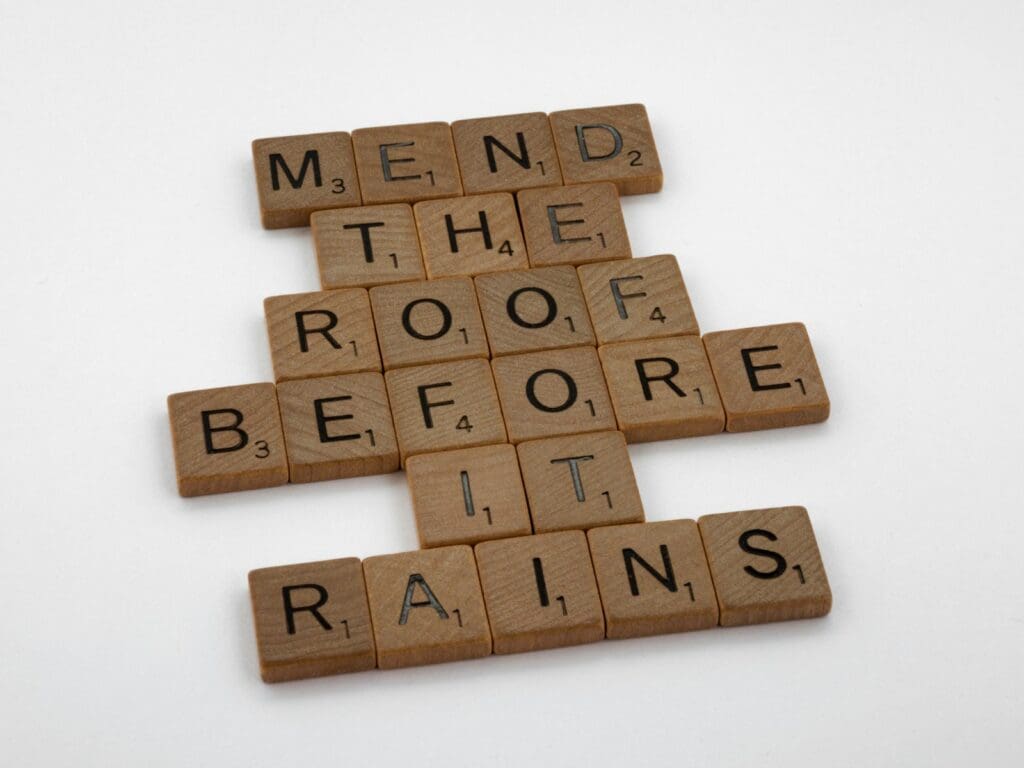
The cost of your mortgage, property taxes, and insurance aren’t the only ongoing expenses that come with homeownership. Things will constantly wear out, break, and require maintenance. Avoiding maintenance leads to more costly repairs down the line. It’s essential to include savings for maintenance as part of your total budget.
7. Failing to Budget for Unexpected Expenses
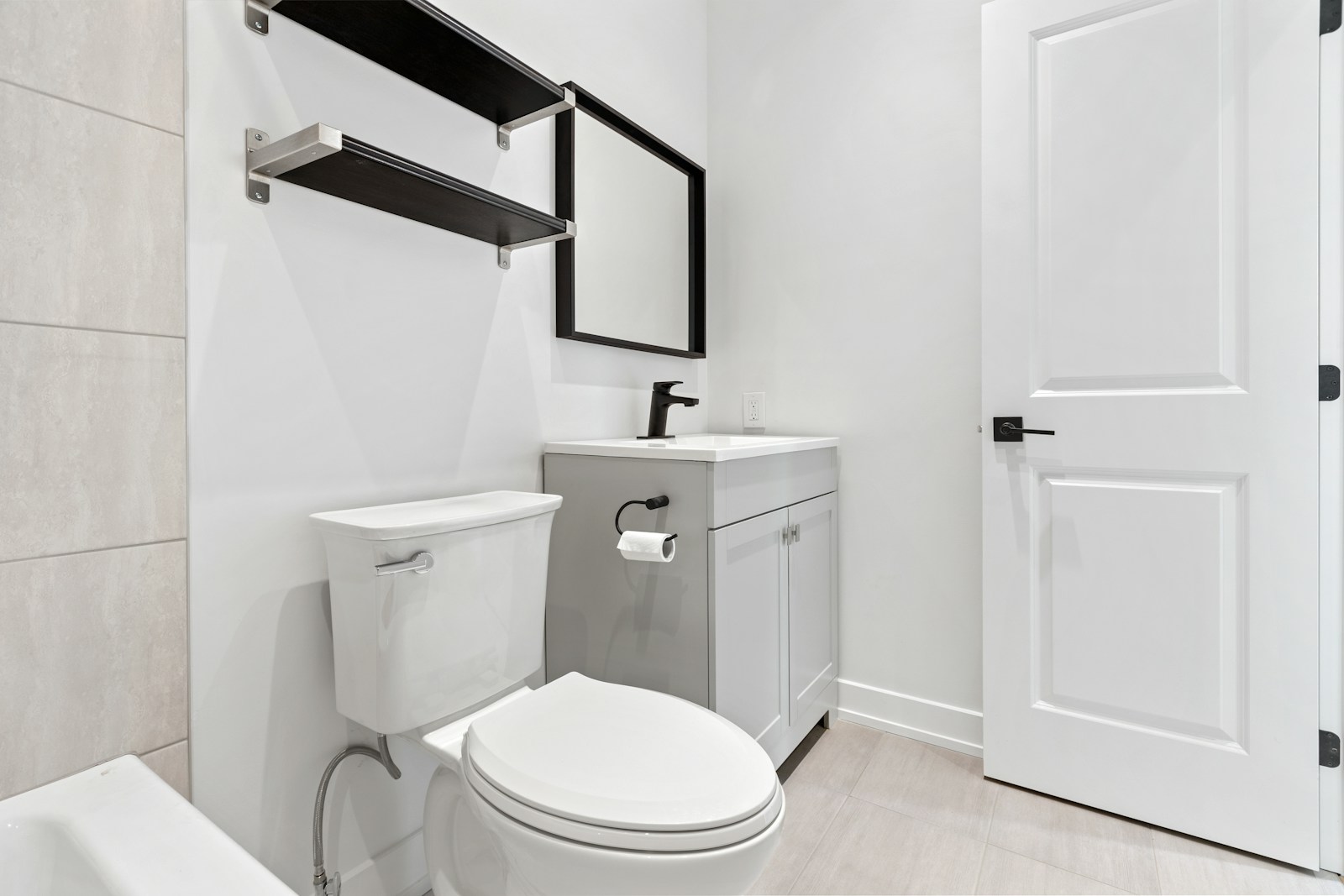
With home ownership, sooner or later, an unexpected expense will arise. Plumbing can break. Appliances can fail. A roof may need replacing. While insurance may help cover some of these expenses, it never covers all of them. It’s vital to put savings away to cover emergency expenses when – not if – they arrive.
6. Making Emotional Decisions

The appearance and features of a home can often appeal to a buyer’s emotions. However, it’s crucial to think about functionality, practicality, and finances. If things will be tight financially, don’t assume you can “make it work” because the house has the things you want. Financial stress could cause you to lose your dream home to default or foreclosure.
5. Not Considering Resale Value
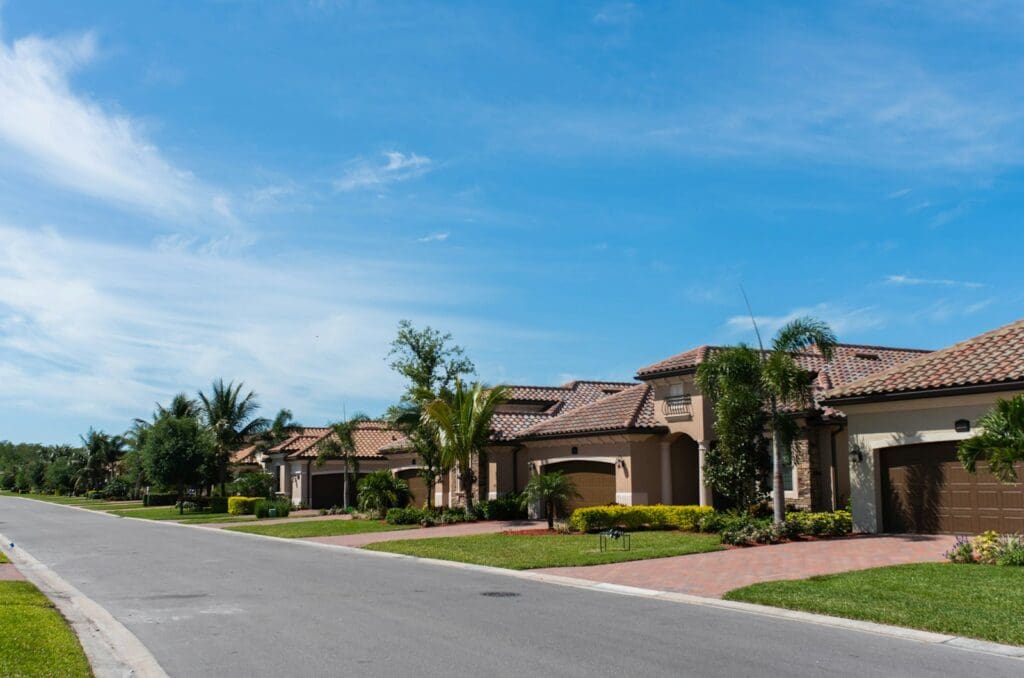
First-time buyers are often eager to purchase a home and focus more on a good deal in the short term rather than value over the long term. A home is an investment and its resale value should not be overlooked. Consider the neighborhood. Are home values increasing or declining? Consider the wider area. Is it growing or are businesses shuttering?
4. Failing to Prioritize Needs vs. Wants

First-time buyers may have a wish list for their dream home that’s more focused on desires than actual needs. It’s crucial to prioritize functionality. Consider factors such as size, proximity to amenities, proximity to work, and features that provide essential needs. For example, a pool is wonderful to have, but it has operational expenses and frequent costly repairs.
3. Not Considering Future Market Conditions

Familiarize yourself with trends and projections in the housing market before making a purchase. Study the history of real estate values in the area. Are current prices abnormally inflated? If you purchase a home during a bubble, when the bubble bursts, the price may fall drastically. You could owe more on the home than the readjusted market will support.
Read More: The 10 ‘Coolest Neighborhoods in the World’ Includes Only One US City
2. Skipping the Title Search
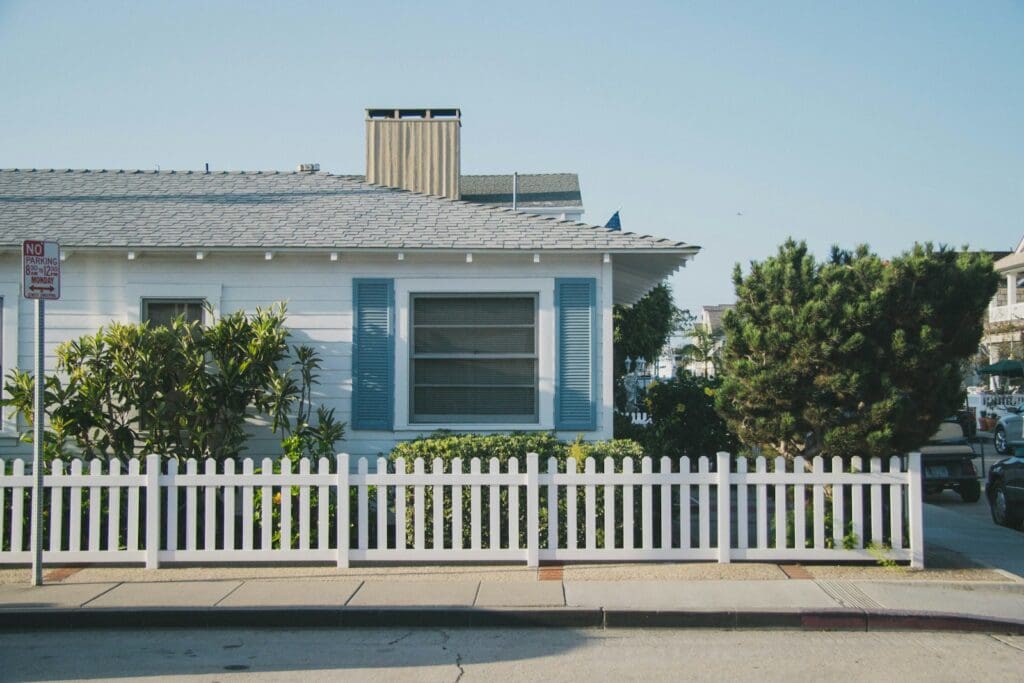
Title theft scams have been making the news lately. A title search confirms the seller is the legal owner of the property. Not conducting a thorough title search can lead to substantial financial loss and legal complications. Buyers should ensure that a property’s title is clear from liens, disputes, or other encumbrances that could affect ownership rights.
Read More: How to Choose Window Replacements for Your Home
1. Rushing the Decision-Making Process
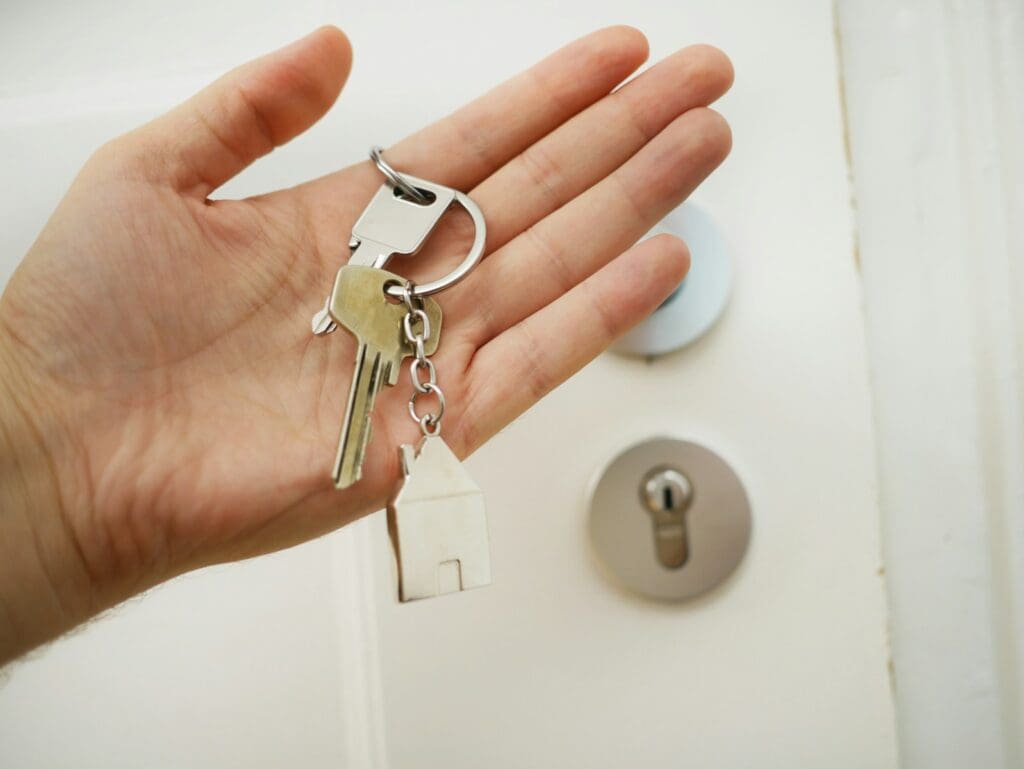
Haste makes waste is true when purchasing a home. Rushing into a purchase before you have completely considered your finances, hidden costs, the neighborhood, and more can result in a mistake with long-lasting consequences. Take the time to do your research, get inspections, and ensure you can make an informed, confident decision you won’t regret.
Read More: 10 Things to Know Before You Refinance Your Mortgage








